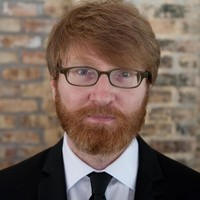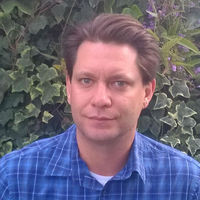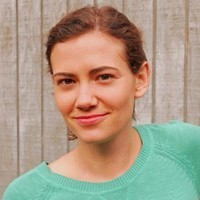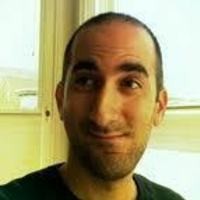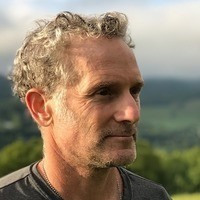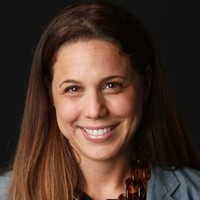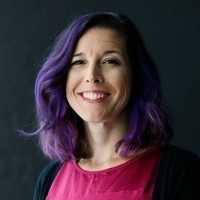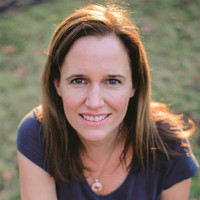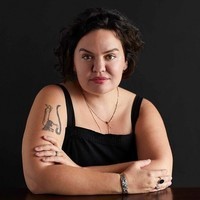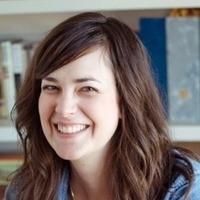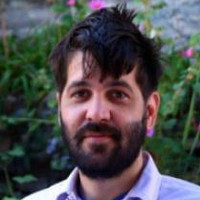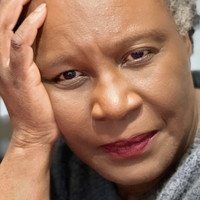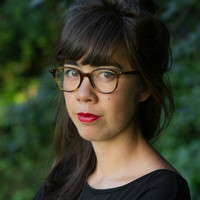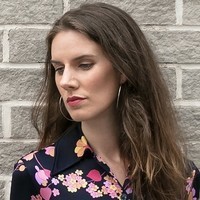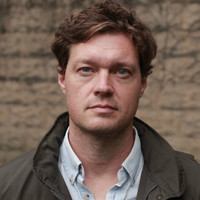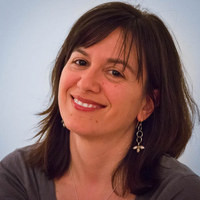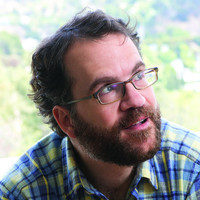Chuck Klosterman is a journalist and author of eleven books, including his latest, The Nineties.
”Selling out… was very much injected into the way I understood the world…. And I am now supposed to do all of these interviews and all of these podcasts promoting this book. And because it's a book about the nineties… it feels incredibly uncomfortable to me…. I think young people assume that selling out is only about money: that if you try to do something to make money, that means you're selling out, because the word ‘sell’ is in there. But that's not really how it was. I mean, what you were selling out was this idea of your integrity. And what your integrity was, was somehow not doing anything to make other people like you.”
